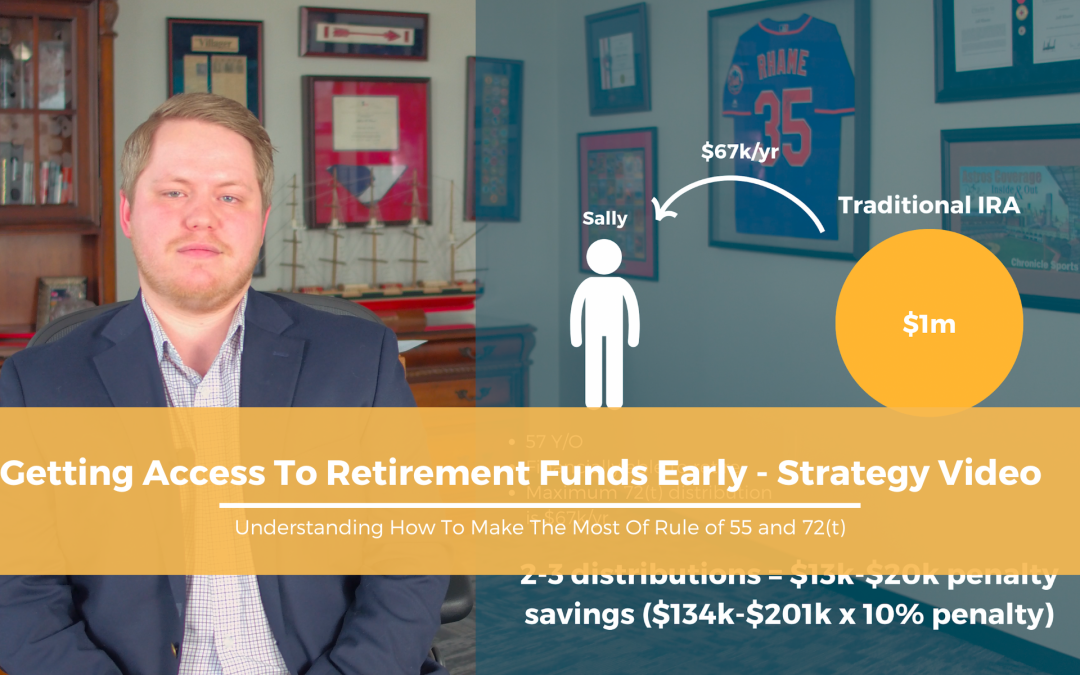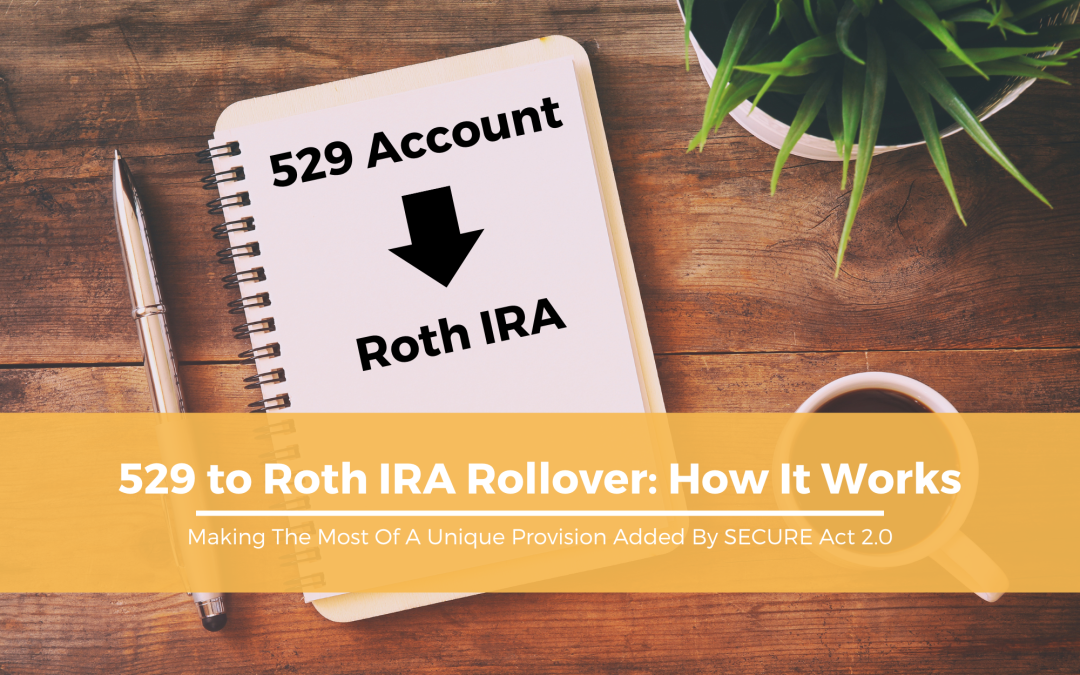Tax Strategies for High Earners
Understand the Tax Optimization Strategies Available to High Earners
Preparing a strategy that is both advantageous and tax-efficient might feel daunting at first. Thankfully, there are some things you can do now to keep from overpaying this tax season.
Build Your Team of Professionals
You might build a team for any number of pursuits, from organizing a baseball team to putting together people to run a business. Any team is not only an organization of people, it’s also an amalgamation of talents.
Building a financial team to tackle your taxes may often mean talking to more than one person. Your trusted financial professional can speak to a wide range of financial issues, but they may want to consult others who have specialized training.
Ask your financial professional if they have worked with a CPA who would be helpful in this situation. It’s possible that they know someone who fits your needs.
Tax-Focused Investment Strategies
Once you have the right team of financial professionals who understand your financial situation, there are some investment strategies you may consider using this year.
Backdoor Roth IRA
If you are a high earner with an income above the IRS’s income limit for Roth IRA accounts, you still have the option to create a backdoor Roth IRA. Just as it sounds, this option allows high earners to bypass the income limits and still utilize the tax advantages of a Roth IRA account.
To create a backdoor Roth IRA, you’ll need to:
-
- Open and contribute to a traditional IRA.
- Convert your traditional IRA to a Roth IRA account (your account administrator will provide the necessary paperwork and instructions to do this).
- Once tax season rolls around, pay taxes on the contributions (essentially you’re paying back the tax deduction you received when initially contributing to your traditional IRA).
- Pay taxes on any additional gains your traditional IRA account may have made over time.
A backdoor Roth IRA may be beneficial for those whose income level is above the ceiling limit set by the IRS, but there are certain rules that make the process more complicated in the event you have other IRA assets. Additionally, it’s important to remember that Roth IRAs do not have required minimum withdrawals, only traditional IRAs do.
When considering a backdoor IRA, your financial professional can help you evaluate the tax obligations you might pay today versus the tax benefits you may realize toward retirement. Read this article for more information on this strategy.
Tax-Focused Gifting
Smart moves can help you manage your taxable income and taxable estate. For instance, if you’re making a charitable gift, giving appreciated securities is one choice to consider. In addition to a potential tax deduction for the fair market value of the asset in the year of the donation, the charity may be able to sell the stock later without triggering capital gains.
This discussion of tax-focused giving is for informational purposes only and is not a replacement for real-life advice, so make sure to consult your financial, tax, and legal professionals before modifying your gifting strategy.
The annual gift tax exclusion gives you a way to remove assets from your taxable estate. You may give up to $17,000 ($34,000 if you are married) to as many individuals as you wish without paying federal gift tax. Only gifts above this amount count against the lifetime estate and gift tax exemption of $12,920,000 for 2023. It’s already baked into current law that this exemption amount is being reduced substantially in the future, so gifting strategies are extremely important for high net worth and income families.
Managing through the annual gift tax exclusion can involve a complex set of tax rules and regulations. Before adjusting your strategy, consider reviewing strategies with a professional.
Tax-Loss Harvesting
Tax-loss harvesting refers to the practice of taking capital losses (selling securities worth less than what you first paid for them) to help offset the capital gains you may have recognized in other assets. Keep in mind that the return and principal value of securities will fluctuate as market conditions change and past performance is no guarantee of future returns. While this doesn’t get rid of your losses, it can be an approach to reduce your tax liability.
In excess of capital gains, up to $3,000 of capital losses can be deducted against ordinary income like wages annually, and any remaining capital losses above that can be carried forward to offset capital gains in following years. However, tax rules are constantly changing, and there is no guarantee that the treatment of capital gains and losses will remain the same in the coming years.
By taking losses this year and carrying over the excess losses into the next, you can potentially offset some (or maybe all) of your capital gains next year. Before moving ahead with a trade, it’s important to understand the role each investment plays in your portfolio.
If you’re looking into this strategy, familiarize yourself with the IRS’s “wash-sale rule.” This rule indicates that investors can’t claim a loss on a security if you buy the same or a “substantially identical” security within 30 days before or after the sale.
With these strategies in mind, there are things you may be able to do now to address both your current tax obligation and those you may be required to address further down the road.
Need Some Help?
If you’d like some help from a CPA or CERTIFIED FINANCIAL PLANNER (CFP®) professional regarding these strategies and how they apply to you, the Rhame & Gorrell Wealth Management team is here to help.
Our experienced Wealth Managers can help you review your financial and tax situation and come up with a custom tax optimization strategy going forward.
Feel free to contact us at (832) 789-1100, [email protected], or click the button below to ask a question or schedule your complimentary strategy session today.
IMPORTANT DISCLOSURES:
Rhame & Gorrell Wealth Management, LLC (“RGWM”) is an SEC registered investment adviser with its principal place of business in the State of Texas. Registration as an investment adviser is not an endorsement by securities regulators and does not imply that RGWM has attained a certain level of skill, training, or ability.
This material has been prepared for informational purposes only, and is not intended to provide, and should not be relied on for, tax, legal or accounting advice. You should consult your own CPA or tax professional before engaging in any transaction. The effectiveness of any of the strategies described will depend on your individual situation and should not be construed as personalized investment advice.
For additional information about RGWM, including fees and services, send for our Firm Disclosure Brochures as set forth on Form ADV Part 2A and Part 3 by contacting the Firm directly. You can also access our Firm Brochures at www.adviserinfo.sec.gov. Please read the disclosure brochures carefully before you invest or send money.






